It is the basis of the foundation of the National Council for Combating Corruption.
The National Council of the Kyrgyz Republic for Combating Corruption (hereinafter the Council) has been established to ensure state, public and social control over the implementation of actions for combating corruption.
(Approved by the Decree of President of the Kyrgyz Republic Dated on October 21, 2005 No. 476)
I. General Provisions
1. The National Council of the Kyrgyz Republic for Combating Corruption (hereinafter the Council) has been established to ensure state, public and social control over the implementation of actions for combating corruption.
II. Objectives of the Council
2. The objectives of the Council shall be to:
– define the priority directions of the work of the National Agency of Kyrgyz Republic for Preventing Corruption (hereinafter the Agency) in compliance with the common public policy for combating corruption;
– exercise the state and public (social) control over the work of the Agency;
– monitor the observance of guarantees of Agency’s independence as fixed in the Regulations of the Agency;
– monitor the staff policy of the Agency;
– provide consultations to the Commissioner of Agency on different aspects of the problem of corruption.
III. Competence of the Council
3. The competence of the Council shall include:
– giving consent for appointment (approval) of the Commissioner;
– approving annual work plans of the Agency;
– approving the strategy and perspective plans for development of the Agency;
– reviewing and approving reports of the Commissioner;
– monitoring public opinion, as well as considering of remarks and suggestions made by state bodies and civil society organizations on the work of the Agency and recommend practical measures to the Commissioner based on the results of this information.
IV. Staff and Principles of Forming the Council
4. The staff of the Council includes eleven members from state bodies and public organizations:
– A representative of President of Kyrgyz Republic;
– A representative of Government of Kyrgyz Republic;
– A representative of Jogger Kenosha (Parliament) of Kyrgyz Republic;
– A representative of Supreme Court of Kyrgyz Republic;
– The Commissioner of National Agency of Kyrgyz Republic for Preventing Corruption; and
– Six representatives of the civil society (mass media, associations of entrepreneurs, professional unions, academicians, public associations, unions of creative workers).
5. Member of the Council may be a citizen of the Kyrgyz Republic having higher education and professional experience of work al least 5 years.
6. Member of the Council can not be a person with previous conviction for a committed crime if this previous conviction has not been expunged in the order established by the law.
7. Members of the Council representing state bodies shall be delegated based on decisions of the President of the Kyrgyz Republic, Jogger Kenosha (Parliament) of the Kyrgyz Republic, Government of the Kyrgyz Republic, and the Plenum of the Supreme Court of the Kyrgyz Republic accordingly for a term of two years.
The Commissioner becomes a member of the Council after his or her confirmation to the post by the President of Kyrgyz Republic in accordance with the regulations of the National Agency for Preventing Corruption.
8. Members of the Council representing the civil society shall be delegated by organizations of the civil society established in compliance with legislation of the Kyrgyz Republic (mass media, associations of entrepreneurs, professional unions, academicians, public associations).
9. Decision on delegation of the civil society representatives to the Council shall be made by authorized bodies of delegating organizations. Organizations representing the interests of various groups of civil society associations and formed by professional, regional, political or other interests may nominate common candidates.
10. Each organization can only have one representative in the Council.
11. Representatives nominated to the Council by the civil society shall report to organizations which delegated them.
12. Member of Council who quit due to some reasons shall make a written notification to Chairman of the Council and the body or organization that delegated him or her to the Council. Vacancies shall be filled according to procedures indicated in these Regulations.
13. The term of office in the Council shall start on the date of appointment and continue for two years.
14. All members of Council, including representatives of the civil society have a direct responsibility to participate in the meetings of Council.
15. The work in the Council is a part-time work for representatives of the civil society; expenses related to sittings in the Council only will be subject for compensation.
V. Procedure of Delegating Representatives of the State Bodies and Public Associations to the Council
16. Within 30 calendar days after effectiveness of these Regulations the President of the Kyrgyz Republic, Jogger Kenesh (Parliament) of the Kyrgyz Republic, Government of the Kyrgyz Republic, Supreme Court of the Kyrgyz Republic shall make a decision on nominating their representatives to the Council. President of the Kyrgyz Republic shall approve the proposed candidates after the written notification is received from an appropriate state body.
17. Within 15 calendar days after effectiveness of these Regulations the Administration of President of the Kyrgyz Republic shall publish in newspapers a vacancy announcement for groups of public organizations notifying them that they may delegate their representatives to the Council.
18. Within 15 calendar days from the date of publication of the vacancy announcement in press the groups of public organizations shall collectively select their representatives to the National Council of the Kyrgyz Republic for Combating Corruption pursuant to the following electoral quotient:
• Mass media – one representative,
• Associations of entrepreneurs – one representative,
• Professional unions – one representative,
• Academicians – one representative,
• Public associations – one representative,
• Unions of creative workers – one representative.
19. Representatives of the civil society selected according to procedures indicated in these Regulations shall not later than in thirty calendar days after publishing of announcement in mass media address a written notification on their nomination to the President and attach a notary verified copy of the decision of relevant association of public organizations that delegated them (minutes of the general meeting, decision of the academic board, political board, etc.).
20. Administration of President of the Kyrgyz Republic shall not later than within 15 calendar days after deadline for vacancies publish in mass media the full list of candidates.
21. Not later than in 15 days after publishing of the full list of candidates in mass media President of the Kyrgyz Republic shall approve candidates for six vacancies in the Council from among delegated candidates of the civil society organizations after their nomination by five members of Council delegated by state bodies in conformity with these Regulations.
22. Within 60 calendar days before expiration of the term of office of members of Council – representatives of the civil society – the Council shall initiate the procedure of appointment of new representatives of the civil society in the Council as established in these Regulations.
VI. Organization of Council’s Activities
23. The Council is headed by Chairman elected for two years out of members of the Council through secret voting by simple majority of votes. The Commissioner can not be elected as Chairman of the Council.
24. Meetings of Council shall be held at least every three months.
Extra meetings of Council are summoned on the initiative of the Chairman of the Council or the Commissioner, or six members of the Council.
25. Agenda of the Council’s meeting is developed according to the yearly Working plan. If necessary any three members of Council may propose additional items to agenda.
26. Documentation, agenda, date of meeting shall be sent to members of the Council before 10 days left until the meeting. In case the documentation as for the agenda items is sent untimely, these items upon the request of one member of the Council must be taken off from discussion at the meeting of the Council.
27. The quorum of the meeting of the Council shall be seven and more members of the Council, one of whom must be the Chairman of the Council.
28. For voting on the election of the Chairman the Council must be summoned with its full complement.
29. The Chairman shall supervise the work and conduct meetings of the Council. In absence of the Chairman of the Council his/her duties shall be carried out by a member of the Council elected by members of the Council to temporarily act as Chairman.
30. Decisions of the Council shall be made collectively, by majority of the total number of votes of members of the Council present at the meeting. In case of a stalemate, the Chairman should have the second ballot.
31. Decisions of the Council shall be registered in the format of protocol signed by the Chairman of the Council.
32. Members of the Council may not transfer their powers to the third parties.
33. The Council has the right to invite independent experts to meetings in order to present the Council with information and advice on subjects under deliberation.
VII. Relationship with the National Agency of Kyrgyz Republic for Preventing Corruption
34. The Agency shall report to the Council twice a year.
35. Logistical-and-methodical and technical support of the Council’s activities shall be provided by the National Agency of Kyrgyz Republic for Preventing Corruption.
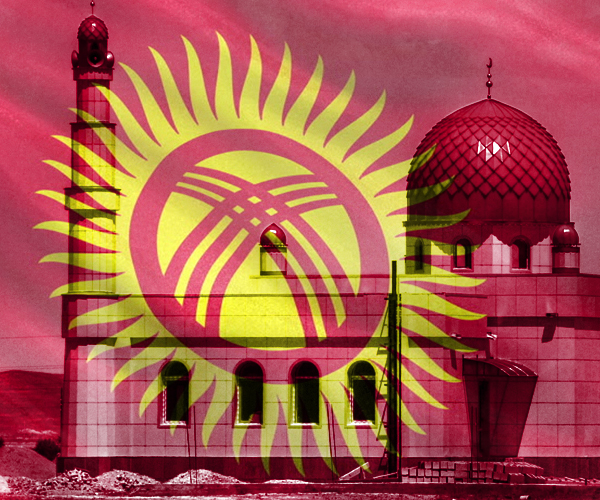


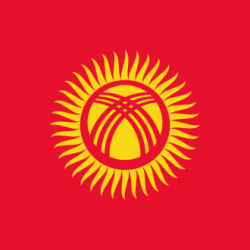
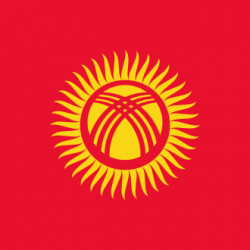
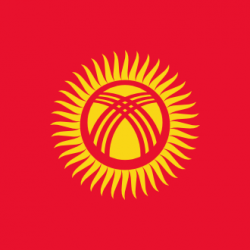
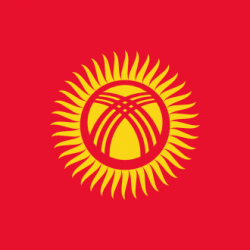
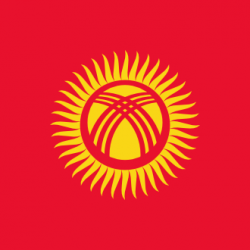
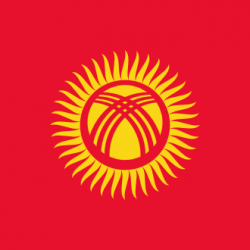
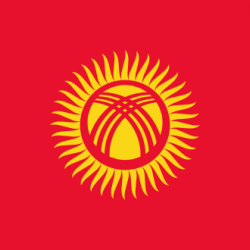
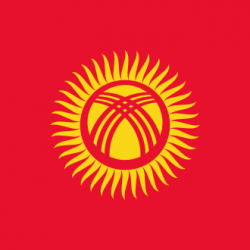
 We will not leak your personal information
We will not leak your personal information